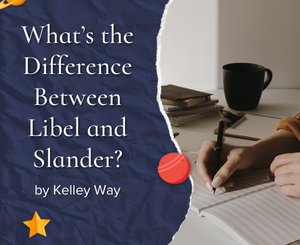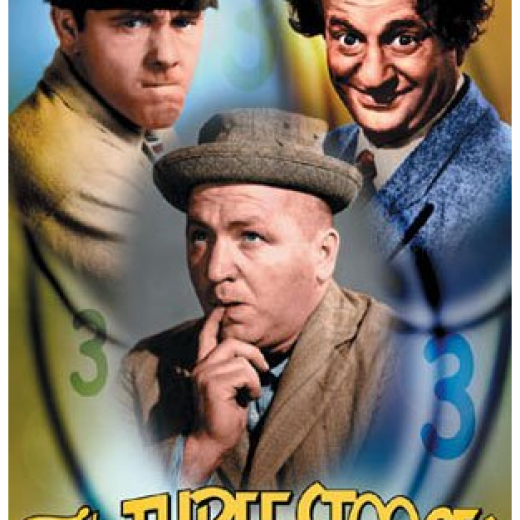Copyright Rules and Fair Use: The Do’s & Don’ts of Using Content From the Internet by Kelley Way
 Let’s welcome back monthly columnist Kelley Way as she shares with us “Copyright Rules and Fair Use: The Do’s & Don’ts of Using Content From the Internet.” Enjoy!
Let’s welcome back monthly columnist Kelley Way as she shares with us “Copyright Rules and Fair Use: The Do’s & Don’ts of Using Content From the Internet.” Enjoy!
***
Can I use content from the internet in my work? I get this question a lot.
Sometimes, it’s not even a question. The person assumes it’s fine as long as they [use less than a certain amount/don’t make money from it/clipped it from Google/insert justification here.]
Unfortunately, the mere fact that the content is on the Internet and easy to copy or download does not mean that it is free to use.
Just like anywhere else, the normal copyright rules apply. When in doubt, assume that the content is copyrighted.
Copyright Rules for Using Content on the Internet
But don’t despair; all is not lost. There are ways you can safely find and use the content on the Internet. Here’s how:
Go to a website that offers free content.
If a website tells you that something is free to use, you’re reasonably safe using the content.
Some search engines, like Google, also have filters that will only show content labeled for reuse.
Just check and make sure that the website is legitimate, and the person who made the content has given permission for others to use it.
The Internet is rife with stolen content, so do your due diligence before going this route.
Pay for a license.
This is a safer route than the free websites, and it helps support the artists who made the content.
There’s still a chance that the content was taken without permission, though, so you still want to make sure that the website is legitimate.
Reach out to the owner directly and ask permission.
This option is a bit of a gamble.
On the one hand, if the owner says yes, you’re golden; you have a green light to use the content, and they can’t take it back later.
On the other hand, if they say no, you’re back to square one and have to find someone else’s content.
But what about fair use?
Yes, you can also rely on fair use, but in many cases fair use is a bigger gamble than the options above.
You see, the courts declared long ago that every claim of fair use must be decided on a case by case basis.
In other words, claiming fair use won’t stop copyright owners from suing you, and you won’t know for sure that your claim will hold up until the lawsuit is over.
With that said, there is a test that courts use, and you can apply the test to see how likely you would be to win a copyright infringement lawsuit:
- What’s the nature of the use?
If you’re using the content in a way that benefits the public (such as for teaching, criticism or commentary), the court is more likely to find fair use.
If you’re using the content to make money, the court is more likely to rule in favor of the copyright owner. - What kind of content are you using?
Copyright protects creativity.
The more creative the content, the more protection it gets.
Fiction would get more protection than non-fiction, and an elaborately staged photograph would get more protection than a snapshot of your dinner. - How much of the content are you using?
If you’re quoting one sentence from a full-page novel, the court is more likely to find fair use.
However, the courts also look at quality, not just quantity. If that sentence is the major selling point of the book, the court is more likely to find copyright infringement.
For example, in a case involving former President Ford’s autobiography, the infringer published the section about why he pardoned former President Nixon. While not a huge section of the book, it was the “heart of the book,” since most people would buy the book to find that out. - How does your use affect the market for the content?
This is possibly the most important question, because if your use means the copyright owner can’t make money from their own copyright, then the courts will very likely find in favor of the copyright owner.
On the other hand, if your use really doesn’t impact the owner’s bottom line, then there hasn’t been a lot of harm done.
Questions about Copyright Rules and Fair Use?
If you would like to learn more about fair use, or any of the other options I wrote about, please feel free to email me at kaway@kawaylaw.com.
***
ABOUT THE AUTHOR
Kelley Way was born and raised in Walnut Creek, California. She graduated from UC Davis with a B.A. in English, followed by a Juris Doctorate. Kelley is a member of the California Bar, and an aspiring writer of young adult fantasy novels. More information at kawaylaw.com.







